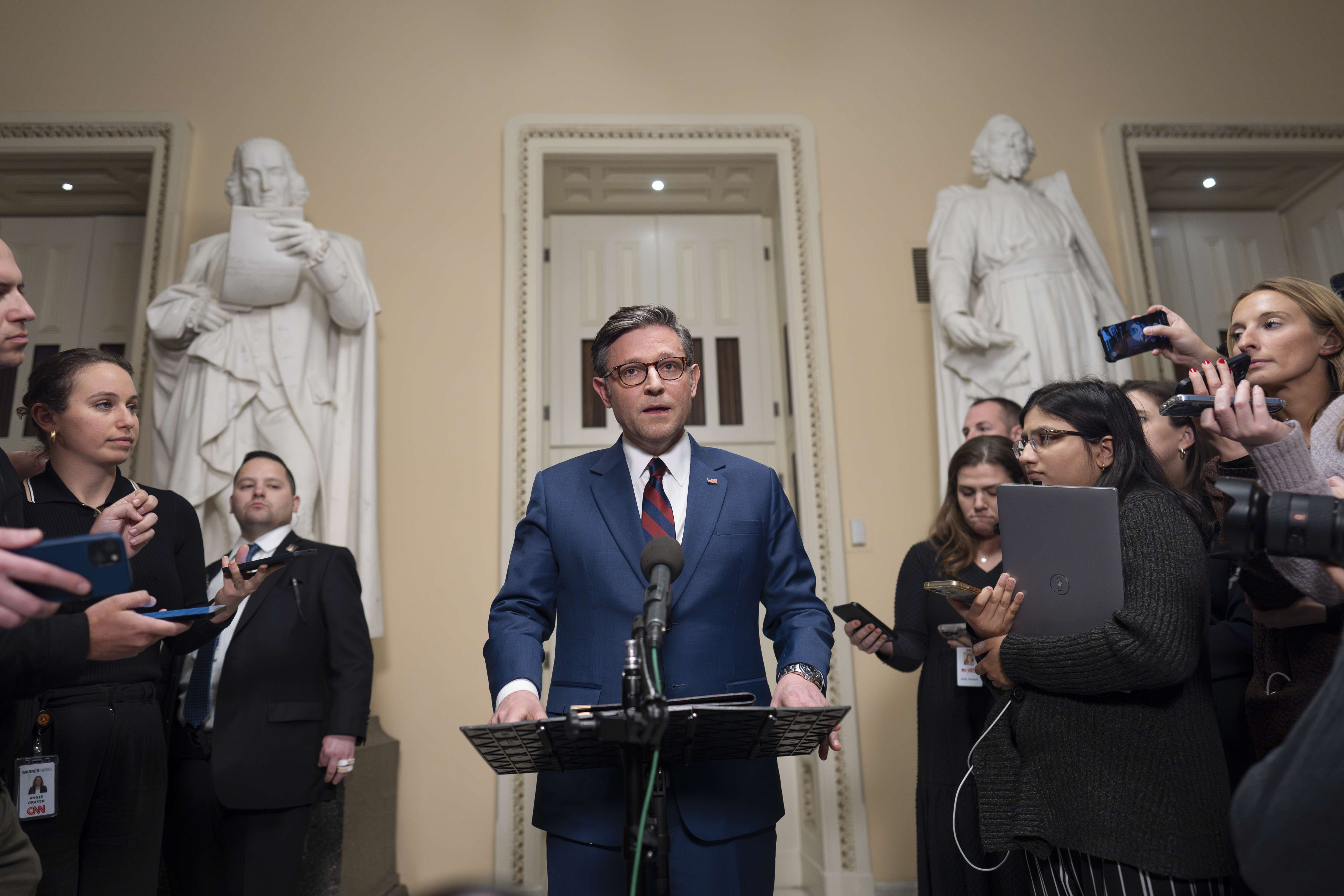The law of supply and demand has always made it tough to get a table at a popular restaurant – but as Scarsdale foodie Mark Hauser tells us, “the Manhattan hotspots now that you really want to get a reservation – like Atomix – it’s really hard unless you know somebody.”
It turns out it’s not just foodies trying to score a restaurant reservation— it’s also “bots”.
Amy Zhou, is the executive director of operations at Gracious Hospitality Management, which runs COTE Korean Steakhouse and COQODAQ.
Zhou noticed an uptick in no-shows over the last two years, and discovered “bad actors would program bots that had the ability to understand when my reservations systems were going to release every single reservation online and they would take every single one of them.”
Get Tri-state area news delivered to your inbox.> Sign up for NBC New York's News Headlines newsletter.
The owner of Moscato, in Scarsdale, points out that unsold reservations leave eateries holding the bag.
Mario Fava tells us, “especially having a small restaurant, if you don’t fill a table, that hurts the bottom line at the end of the day.”
In the last two years, some restaurants began noticing a huge jump in no-shows… from the industry’s typical five to 10 percent…to 20 and even 25 percent.
News
Hot spots like COTE Korean Steakhouse offer four hundred reservations a night.
“All of a sudden, one hundred covers don’t show up, that’s— on any given night— three servers, bartender, three server assistants,” Zhou said. “Food runners. That’s up to ten to twelve staff who are not making the income they were expecting to make for an evening. It’s really damaging.”
A new state law in New York aims to enforce rules like the ones against ticket scalping — making it illegal for third-party reservation services to make unauthorized reservations.
“We’re putting an end to the predatory black market for restaurant reservations — protecting consumers and businesses, and giving everyone a chance to get a seat at the dinner table,” Governor Kathy Hochul said. “New York is home to some of the best restaurants in the world, and whether you’re returning to your favorite local spot or trying out the latest in fine dining, you deserve a fair system.”
Andrew Rigie, executive director of the NYC Hospitality Alliance, believes that with this measure, “at least government can go after them, issue penalties and mitigate the impact.”
Keep in mind, this action is not about companies like Open Table and Resy. Instead, it focuses on third-party businesses that don’t have an authorized business relationship with the restaurant.
With this new law signed Thursday, Rigie believes “maybe the humans will have a little bit of an upper hand getting the reservation because they’re not competing with technology.”
At Moscato restaurant, regular patron Mike Wallace, who’s from Southport CT, says the key to scoring a reservation at a popular spot is patience.
“I think if you’re persistent, it helps,” Wallace said.



